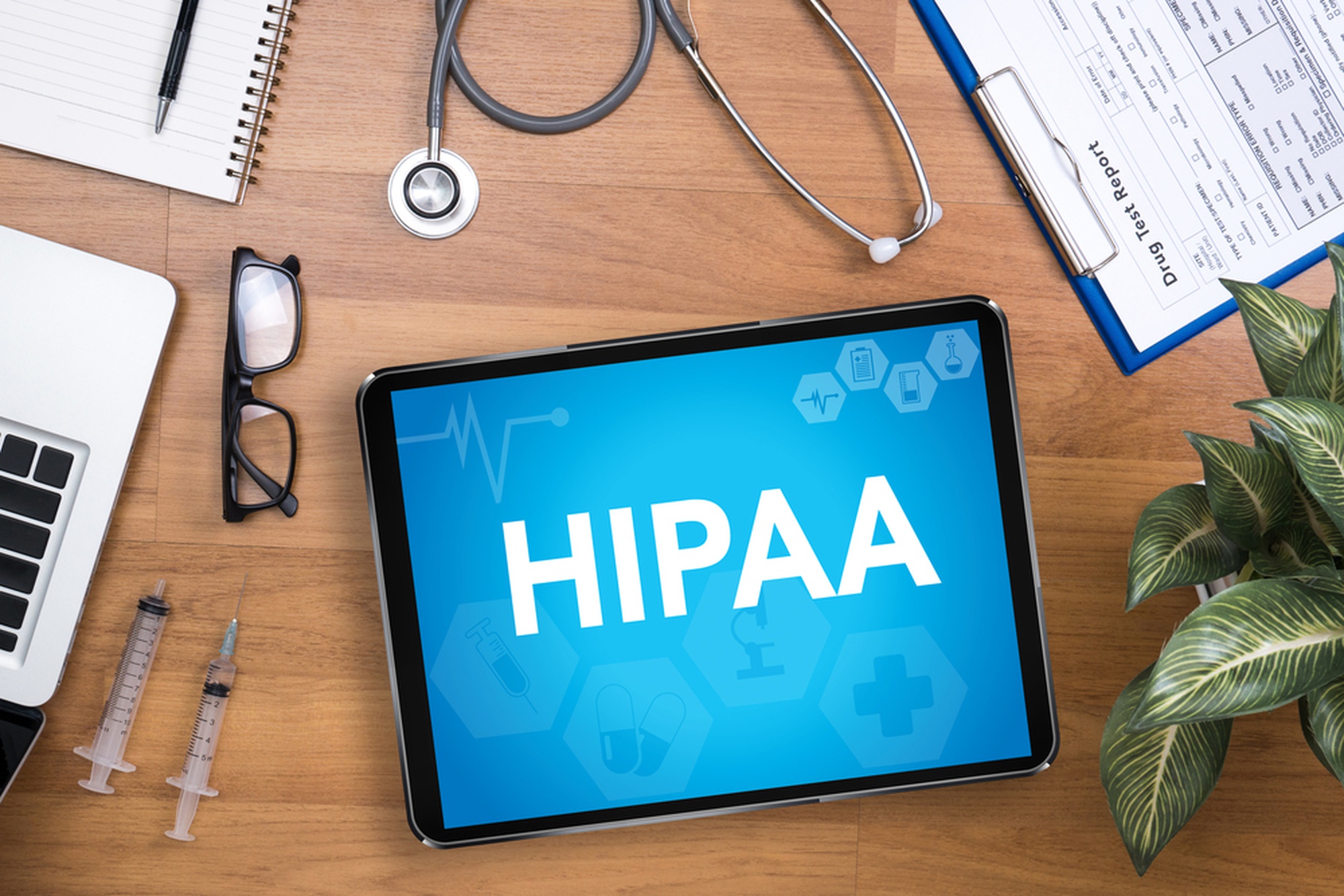The protection of sensitive data is a top priority in the digital age. This applies to businesses of all sizes. Health Insurance Portability and Accountability Act gives strict guidelines to the healthcare sector for the handling, storage, handling and protection of protected medical data (PHI). HIPAA compliance is necessary for healthcare providers to safeguard patient privacy as well as avoid penalties and maintain their good standing.

HIPAA legislation covers healthcare providers such as health plans, health insurance companies, clearinghouses for healthcare, and business partners of HIPAA-covered entities. PHI includes any information that could be used for the purpose to identify an person. This comprises names, addresses, credit card information and Social Security numbers. PHI is highly valuable on the black market because of its potential use in fraud involving identity.
The HIPAA Privacy Rule sets forth guidelines regarding the disclosure and use of PHI. To safeguard security, integrity and confidentiality of PHI, covered entities are required to apply policies and practices. These policies and procedures will include security awareness training as well as other measures, like access controls and security incident procedures. The covered entities should also restrict the disclosure and use of PHI to the minimum needed to fulfill the objective of the usage or disclosure.
HIPAA Security Rules requires that covered entities establish technical, administrative, and physical security measures to safeguard privacy, integrity and security of ePHI. These security measures include access controls, audit controls, integrity controls, transmission security, and contingency planning. The entities that are covered must regularly conduct risk assessments in order to identify vulnerabilities and implement mitigation measures.
The HIPAA Breach Notification Rule mandates that covered entities inform affected individuals and the Secretary of Health and Human Services and in certain instances media in the event of an unintentional breach of PHI. The Privacy Rule defines a breach as the acquisition, use or disclosure of PHI not allowed by the Privacy Rules that interferes with privacy or security. To determine whether PHI may be at risk, and to determine the possible damage that may result from a breach, covered organizations must conduct an evaluation of risk.
HIPAA requires that all employees receive regular education and training to help them understand their responsibilities and roles with regard to security and privacy of patients. Covered entities must also conduct regular risk assessments to determine possible vulnerabilities and take steps to mitigate those risks. These measures can include implementing security controls, including encryption of ePHI and devising a contingency plan in the event of a security incident.
Technology has had an impact on nearly every aspect of contemporary life and healthcare is no exception. Electronic health records are a revolutionary device that allows healthcare providers to manage and store patient data in a seamless way. This has created significant cybersecurity risks and strict conformity with HIPAA is a must. The data of patients should always be kept safe. Cyberattacks are on the rise and the constant threat on healthcare facilities is a sign that HIPAA is more crucial than ever before. HIPAA guarantees privacy and security for patient information. This creates trust between patients and healthcare providers.
HIPAA compliance can allow healthcare institutions to ensure patient privacy and maintain the trust of patients. HIPAA infractions can be the cause of fines ranging from $0 to $100,000 or more, and legal action as well as damaging your reputation. Office for Civil Rights of the Department of Health and Human Services is charged with the enforcement of HIPAA regulations and can investigate complaints and conduct checks of compliance.
HIPAA compliance in the digital age is vital for healthcare organizations. The rules set out by HIPAA give precise guidelines for managing of storage, handling, and security of patient health information. Healthcare organizations must make sure they are HIPAA compliant with their guidelines and policies, perform regular risk assessments, provide regular training and education to employees, and conduct regular risk assessments. In doing this they can ensure the trust of their patients as well as stay clear of significant fines and legal actions.
For more information, click why is hipaa important